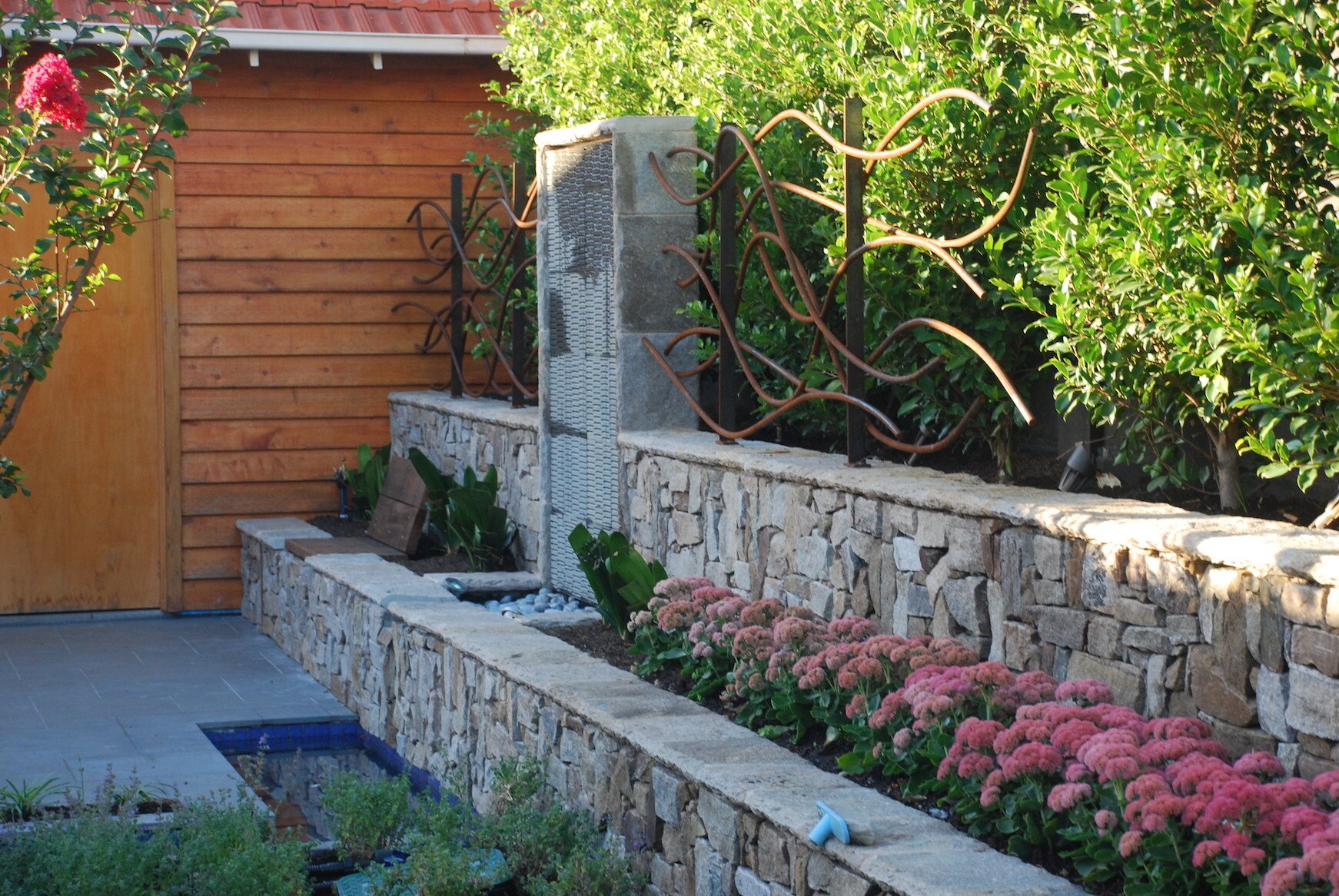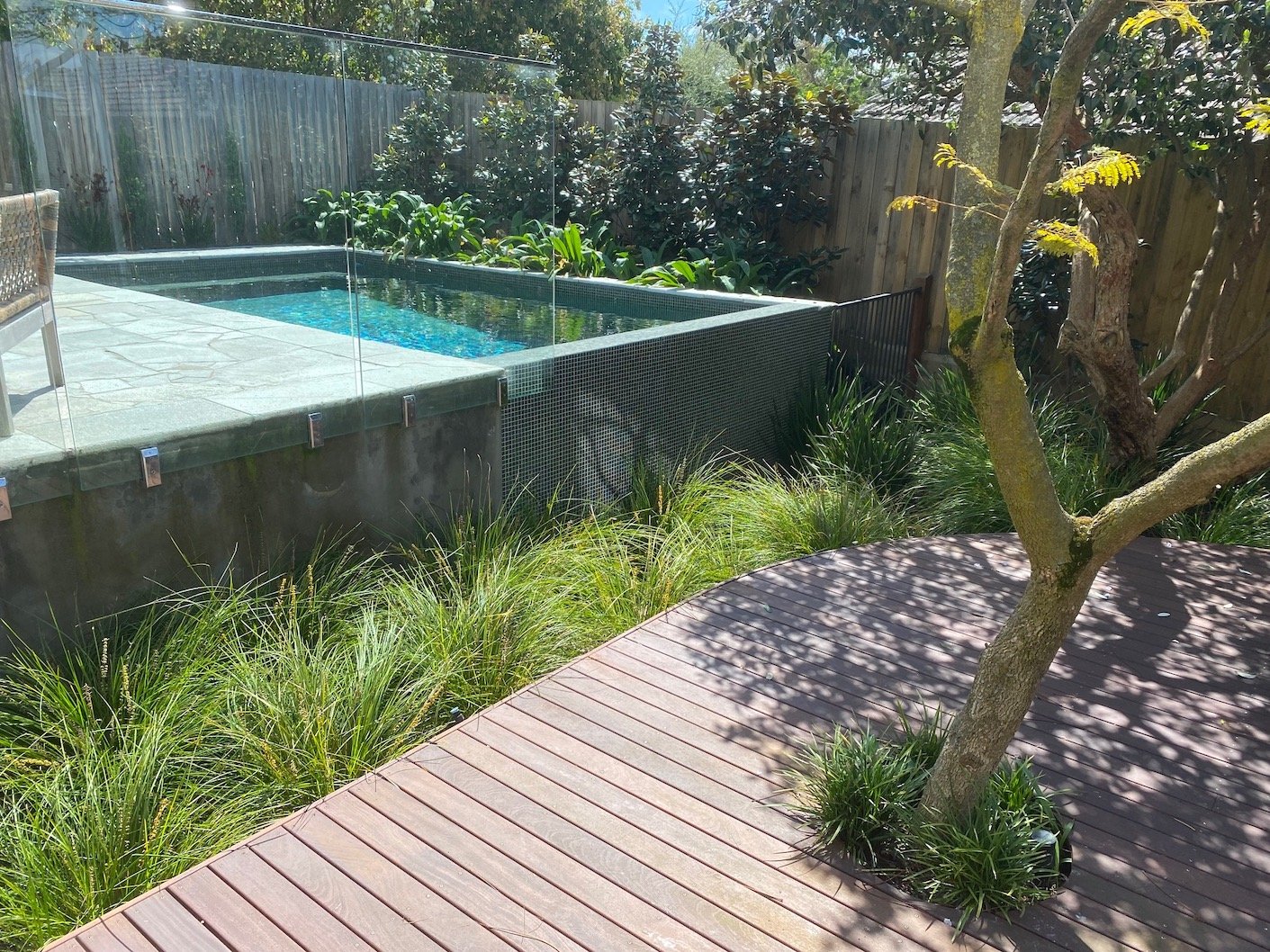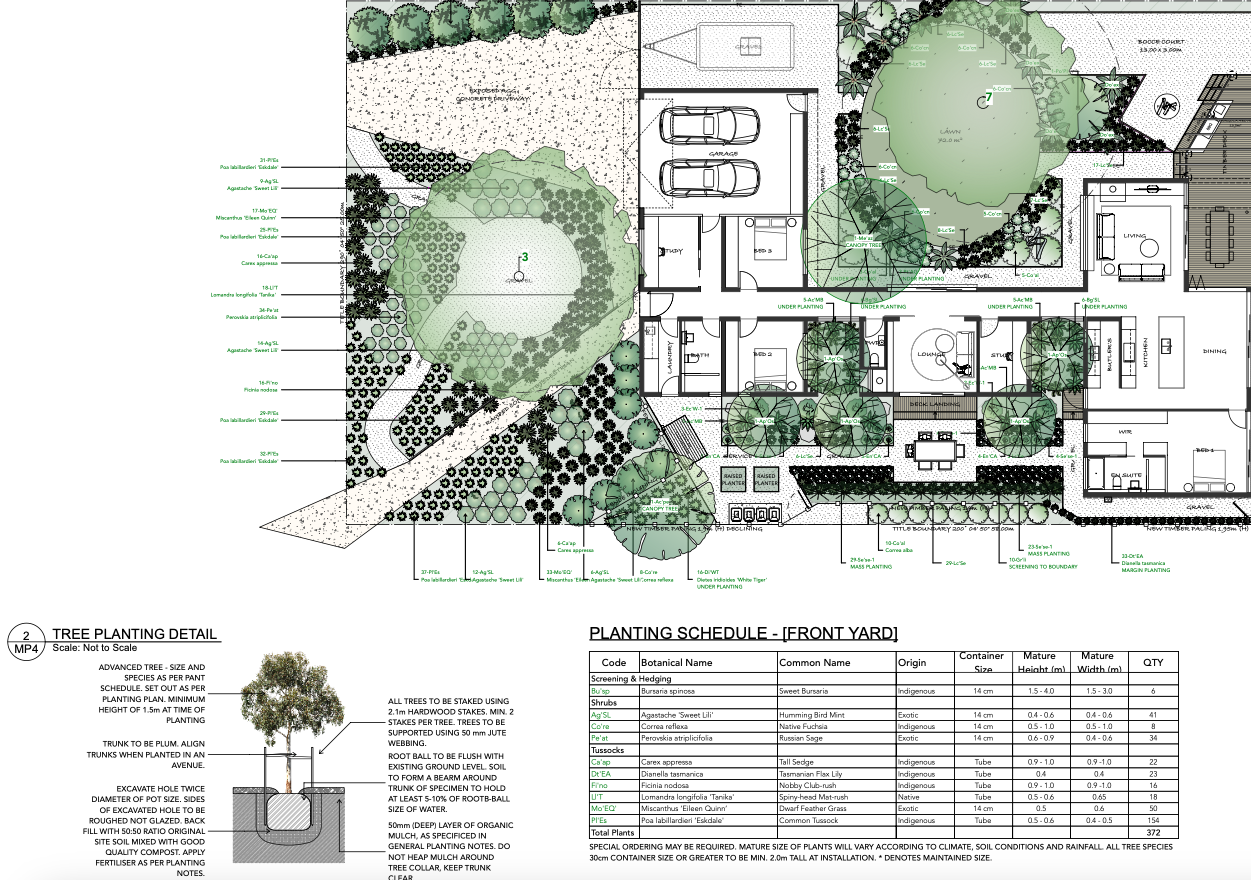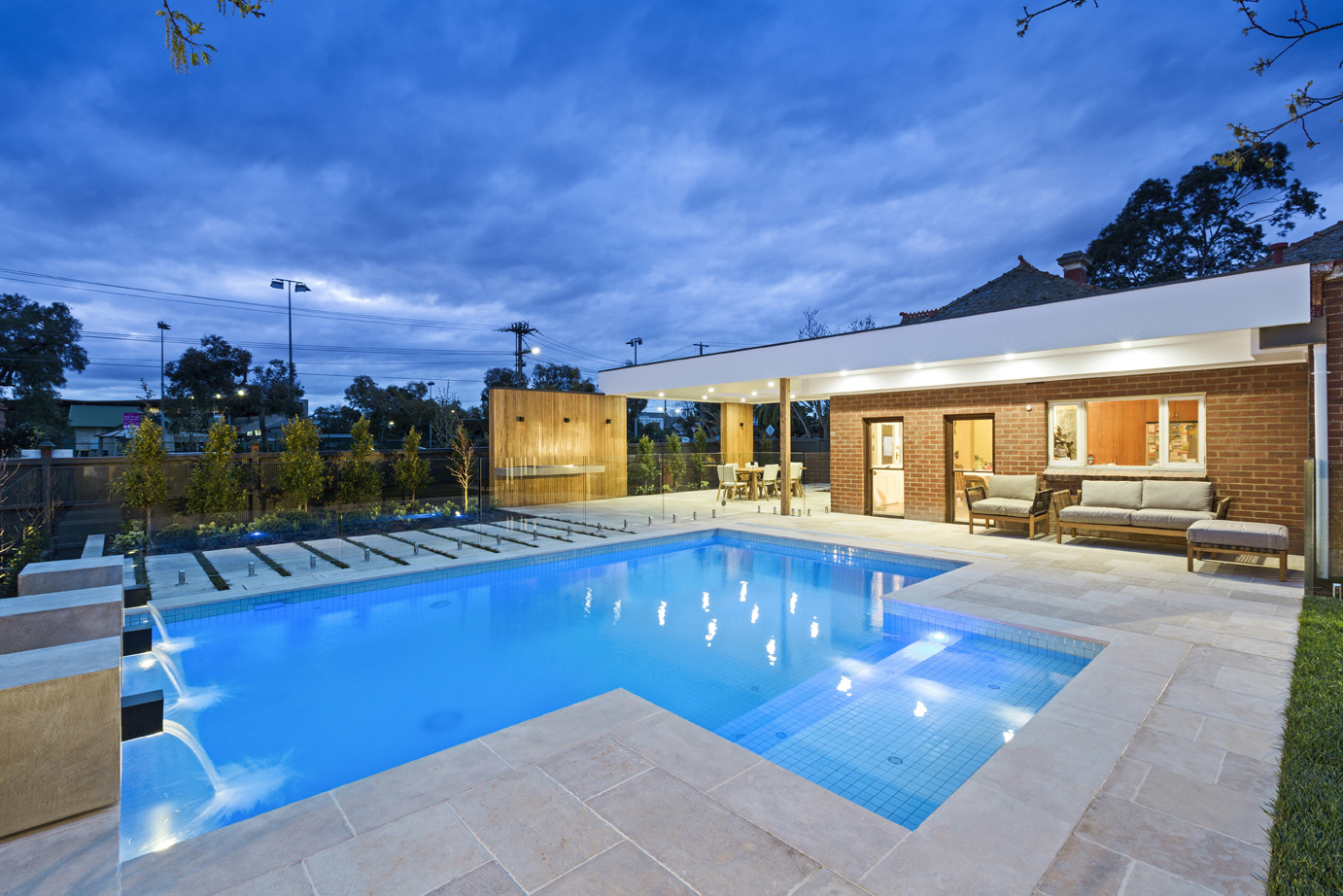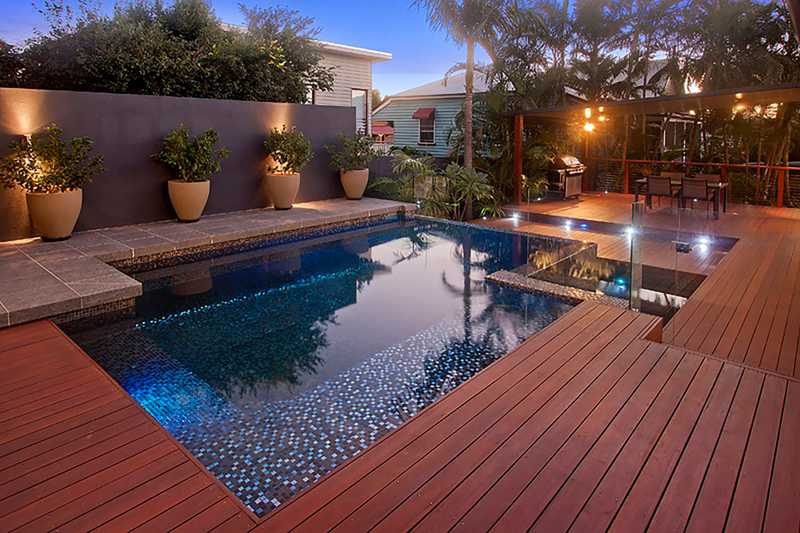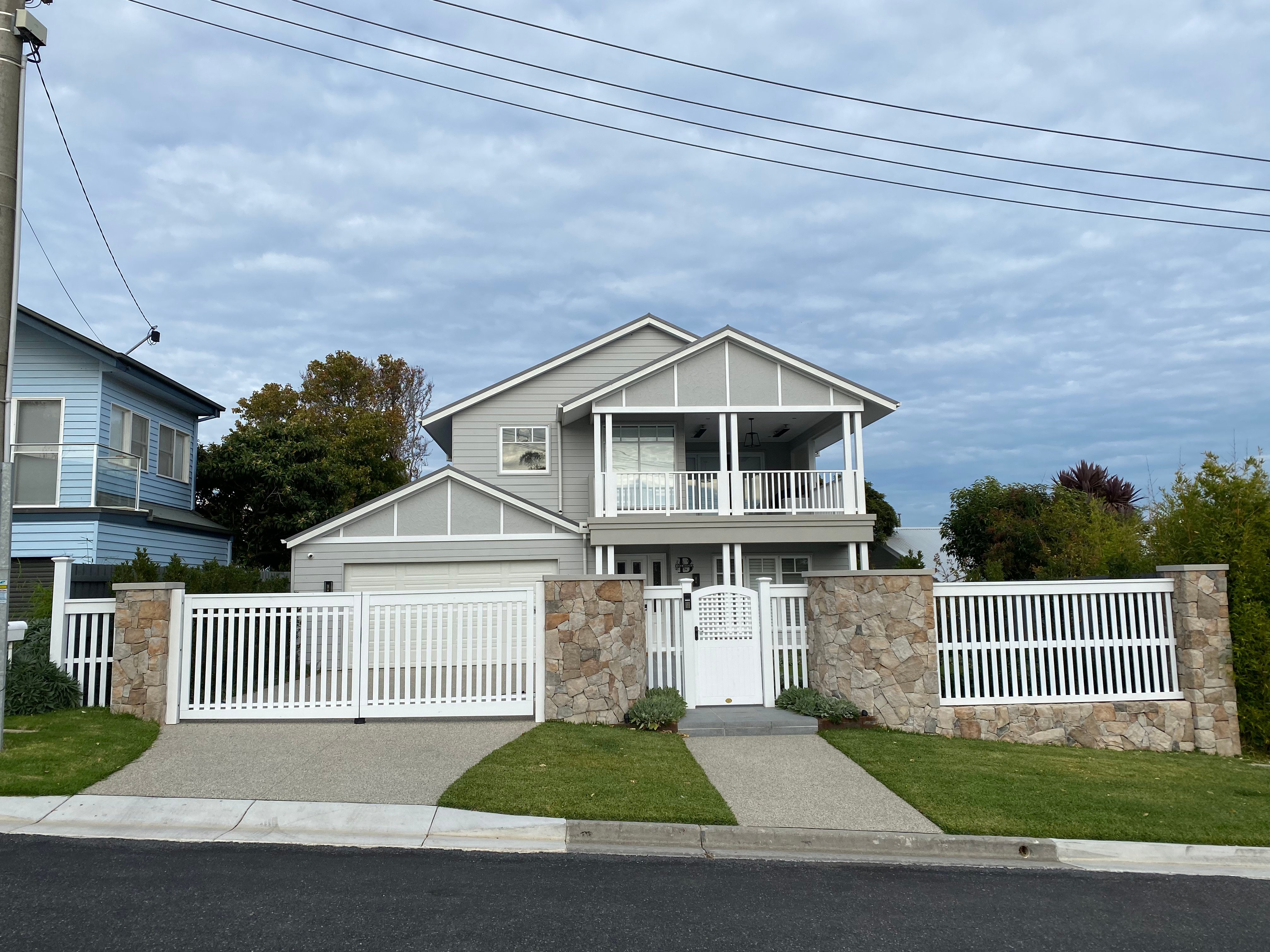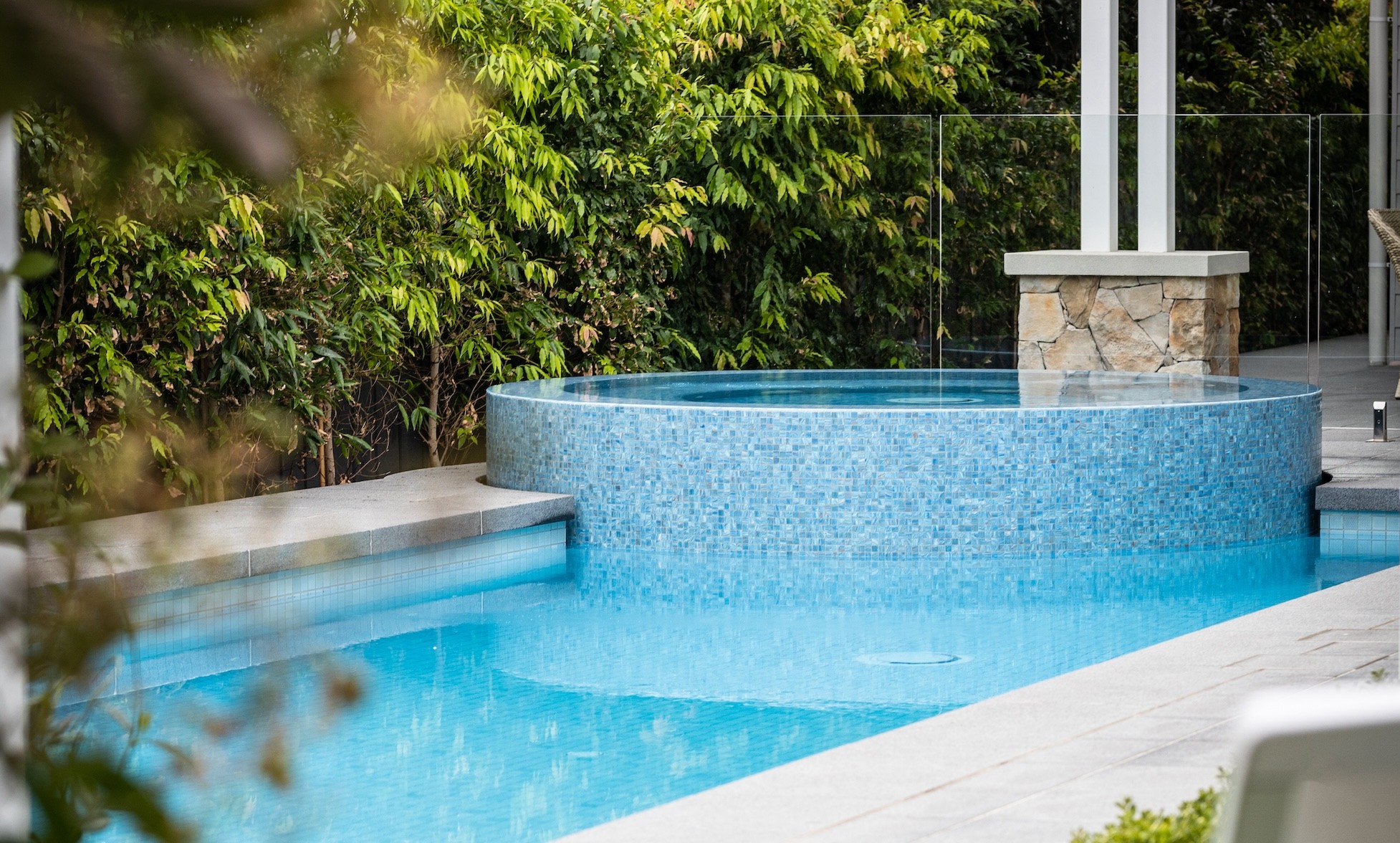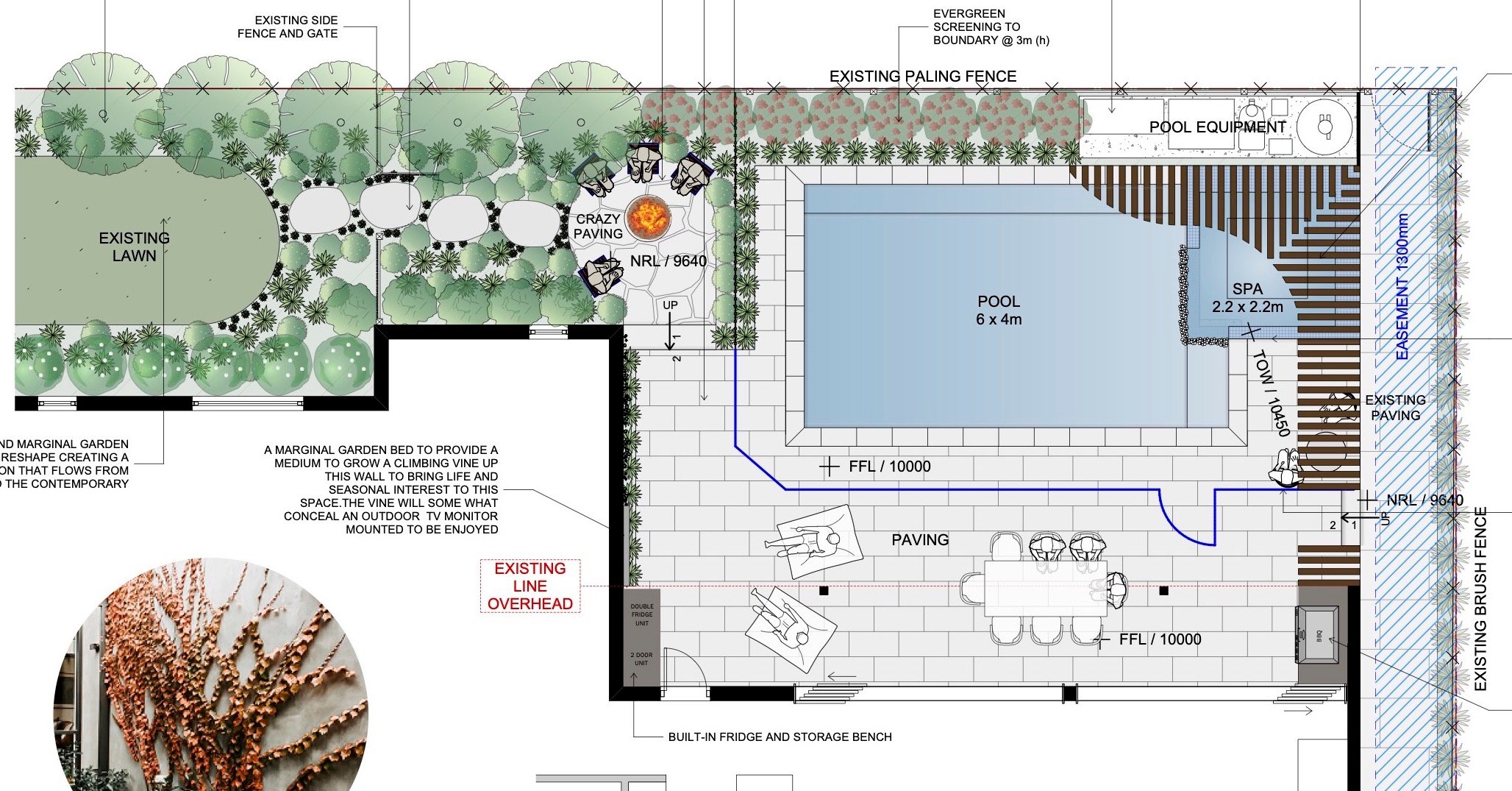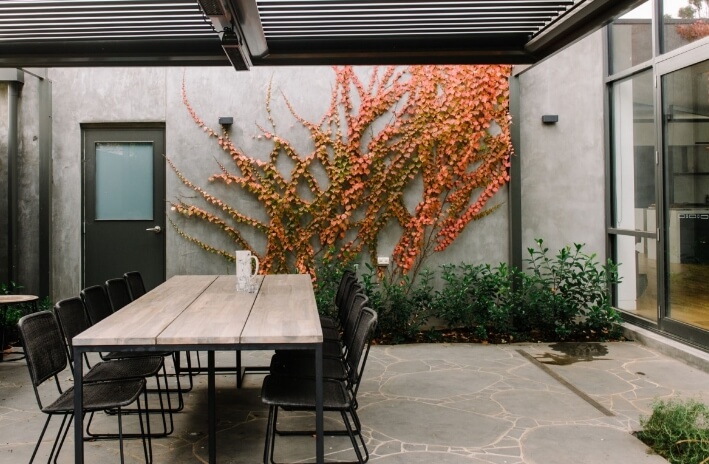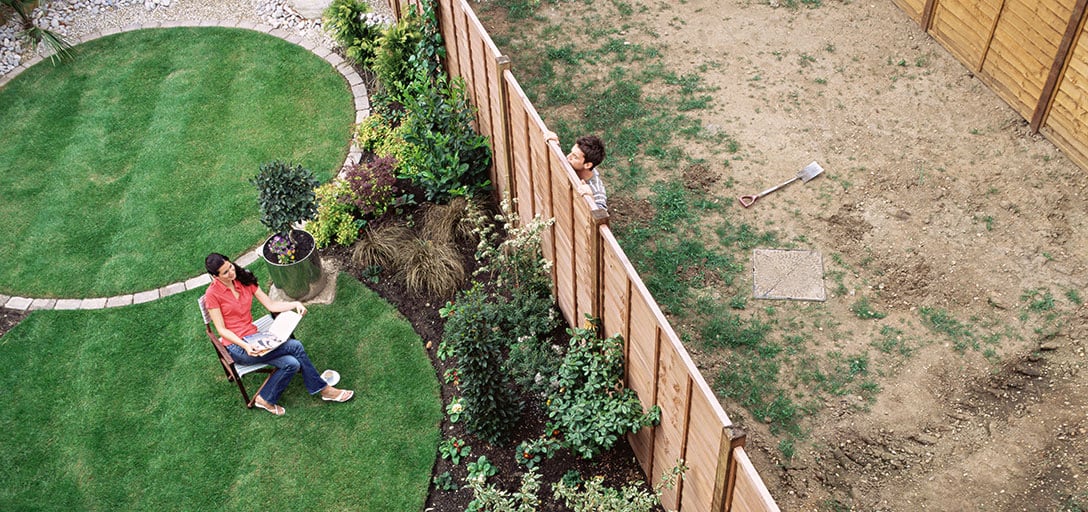
Are you considering a new garden project? If you are, you'll probably be searching around for the best advice. But how do you know if you've been given the wrong advice?
Facts and opinions can be two completely different things. One person's viewpoint on any subject can be radically different to another persons. So how can tell when you are getting the right advice?
Read on, and find out!
Interestingly if you ask Google, "How do I know I am getting the right advice", no AI answer will come up!
In reality it all comes down to your judgment, good sense and common sense. And relying on your ability to analyse things and ask yourself "does that answer really add up?"
Doing this is much better than relying on the old Hunger Games saying, "May the odds forever be in your favour"
Where does Good advice come from?
If you ask Google this question, it will actually give you some good advice, about good advice!

From the above, there is definitely one thing that my team and I can offer you - and that is 'experience'.
Over 30 years of being in the landscape design and landscaping industry have taught me many lessons. I keep learning new things every day! Much of the knowledge I have gained over the years has come from hindsight, which is a wonderful thing.
Making mistakes, learning from doing things the wrong way, seeing what happens to others, all of these add up to the ability to look back and see how NOT to do things. I have a real passion for helping others to avoid going down certain paths. Either because they are not the best way to achieve something, or worse, because they lead to disaster. This is why I call my blogs - Insights.
In this article, I'm going to take a brutally honest look at my industry and see if I can share some things with you that will lead you down the best path possible to creating the garden you will love.
IT ALL STARTS with design
Over the years, while talking to people who are considering using our services, I often hear people say things like - "How do I know your designer won't simply get carried away designing something they like but I don't?" This fear is valid. I have met designers who have, well, 'tickets on themselves'. And they are likely to do exactly this.
So here's my first piece of advice. When you first meet a landscape designer or landscape architect make sure you ask them some of these questions to see if you can get a feeling for how they will conduct themselves while working with you.
"What happens if I don't like a design idea you come up with?"
"Can I send you images of what I'd like to see in my design?"
"Can I mix up cottage-style planting with native?"
Watch for the reaction you get and how comfortable they are in answering your questions.
If they answer the first question with something like, "Well, er, there is some flexibility, but ultimately you are engaging me to create an amazing garden for you, so just trust the process," I'd be a little concerned. But then if they don't want you to send them any visual reference or they are uncomfortable hearing you talk about mixing garden styles, then alarm bells should be ringing.
There are two primary reasons to choose a particular designer. First, you have a vision for the garden you are considering and you want someone to help you expand on that vision.
Second you choose a designer because they are renowned for creating gardens in a certain style and that is the style you want. (If the latter applies to you, then you may want to step back and just allow them to create the garden for you in the style you want, because they are experienced at doing just that.)
I once asked a client why she chose Whyte Gardens to work with, and she said, "Because you guys listen." When I asked "What do you mean?", she said, "I interviewed two other designers. When I said I didn't like something they suggested, they began to tell me why I had to have it. But when I asked you, you gave a different suggestion."
(Note: I will give you my opinion here. I think any garden should be created in a way that is true to the personality of the client, because this will be the garden that resonates with them the most. That's why we always 'Ask-Listen-Suggest' so that we can create something that is very personal to you.)
AREN'T ALL designers much the same?
As garden designers, part of our job is to sell ourselves to you.
When I tell a prospective client, "We would love to work with you. How about we get started?" we do mean it. But in the process I am trying to sell you on the idea of working with us by putting forward my most persuasive pitch.
But try not to let charm be the only guiding factor of why you engage someone. All designers are not the same. When someone says very persuasively, "I can create your ideal garden", always get proof!
Part of getting the right advice is seeing that proof. Can the designer show you an example of their designs for a project with similar complexity to yours? Can the designer show you projects that have actually been built from their designs? Can they explain how they help guide you on your landscaping budget as you go through the design process? Can they put you in touch with a past client who is willing to talk about their experience with them?
Their website should be able to show you proof of past projects, The rest should come from discussions with them. It would also be helpful if they have other material on their website that helps explain more about their philosophy and how they like to work.
(You will find dozens of articles on our website that you can read, to get some insight into what's important to us.)
your brief, budget, and understanding as laid out in this article.PAY CLOSE ATTENTION TO who is advising you
When working with new clients, we often hear them say, sometimes very assertively, things like "Oh no, we don't need a building permit for decking." When we hear this, we know that some "expert" has told this person something that they now firmly believe is fact (often because of the aura of 'authority' around the person who told them.
So here's a little time. When someone offers you some advice that seems very assertive like - "You don't need a building permit for a deck under 20m2" - always ask them, "Could you show me that in writing" or "Where is that written?" If they fumble, mumble or stumble, and can't actually show you a source, it's probably best to smile and say thanks, while dismissing the advice.
Equally if someone says to you - "You can build anything you like outside of the easement area; no permit is required", always call your local council to confirm if it's true. (You'll most likely be told you'll be told it's not by the way!)
One of the worst sources of incorrect information in this area, are tradies. Not tradies talking about the field they work in and are trained and experienced in, but tradies talking about other fields they don't actually know about. (Like a plumber giving you electrical advice or a sparkie telling you what a chippie would say.)
This also happens when pool builders give clients advice about landscaping - an area that is NOT their field of expertise. One of the worst examples we came across was when a pool builder told our client "Go ahead, it's totally fine to install the pool now, it won't affect the landscaping!". When we arrived to start the landscaping, we discovered the pool was 700mm away from where it was supposed to be installed according to the design! Plus, all the pool pipes were laid where a set of steel posts for a pergola were supposed to go. Needless to say, this cost the client a lot of lost time and money to correct everything.
So the moral of the story is make sure someone is overseeing your project and aligning all the tradespeople to work together. And don't listen to someone who is not experienced in a particular field.
THE WICKED WEB OF ONLINE MISINFORMATION
While the World Wide Web is meant to a source of valuable information and it often is, sadly misinformation is also everywhere.
Here's an example of an answer to a search about how much decking costs in Melbourne.

Unfortunately it doesn't really explain whether this is just material costs or labour costs as well. But either way, the prices quoted here (as of July 2025) don't really add up.
Just to buy the average timber decking boards costs around $100-120/m2. Then you need the timber for the stumps, bearers and joists. Plus the screws or other fixing devices for the boards. Plus the concrete for the foundations. Then let's not forget the labour, waste and clean up costs.
Then, as explained earlier, because you will need a permit, you will likely need a building surveyor at approximately $2500. You will also need a draftsman or landscape designer to create the drawings for the building surveyor. And you may even need an engineer. So a figure of $320+ is not even remotely achievable. But there it is in black and white and many people will simply Google it, read those figures and get it in their minds that this will be the cost. (You can imagine the challenge we have explaining the real costs to people when they already have this figure fixed in their minds.)
We all dislike being 'sold to' in this way through unachievable costs. It's like advertising a price without GST. Are you allowed to buy it without GST? If not, then why advertise it that way! Because they are trying to entice you!
So always be careful of where your advice is coming from. Ask questions, do your homework, double check the figures (what is and isn't included) and get comparative prices. (If in doubt, call us!)
Your cautionary approach should also include pool companies that get you to sign a contract with lots of unknowns attached. You can suddenly find yourself paying a whole lot more for pipes to be relaid, electrical work to be done, gas work, engineering, etc.
Try to develop an approach of always asking "What other costs are we likely to incur as this project develops?" Or "Exactly what costs are and aren't included in this estimate?"
summary
Ultimately there is one thing that cannot be replaced - experience.
Try to make sure the information you are gathering, comes from reliable sources and that it is based on actual experience.
We strongly recommend you read through more of our Insights articles on our website to help you gain a better understanding of many issues connected to landscape design and landscaping that will aid you in making the right choices.
Thanks for reading!
Founder of Whyte Gardens

